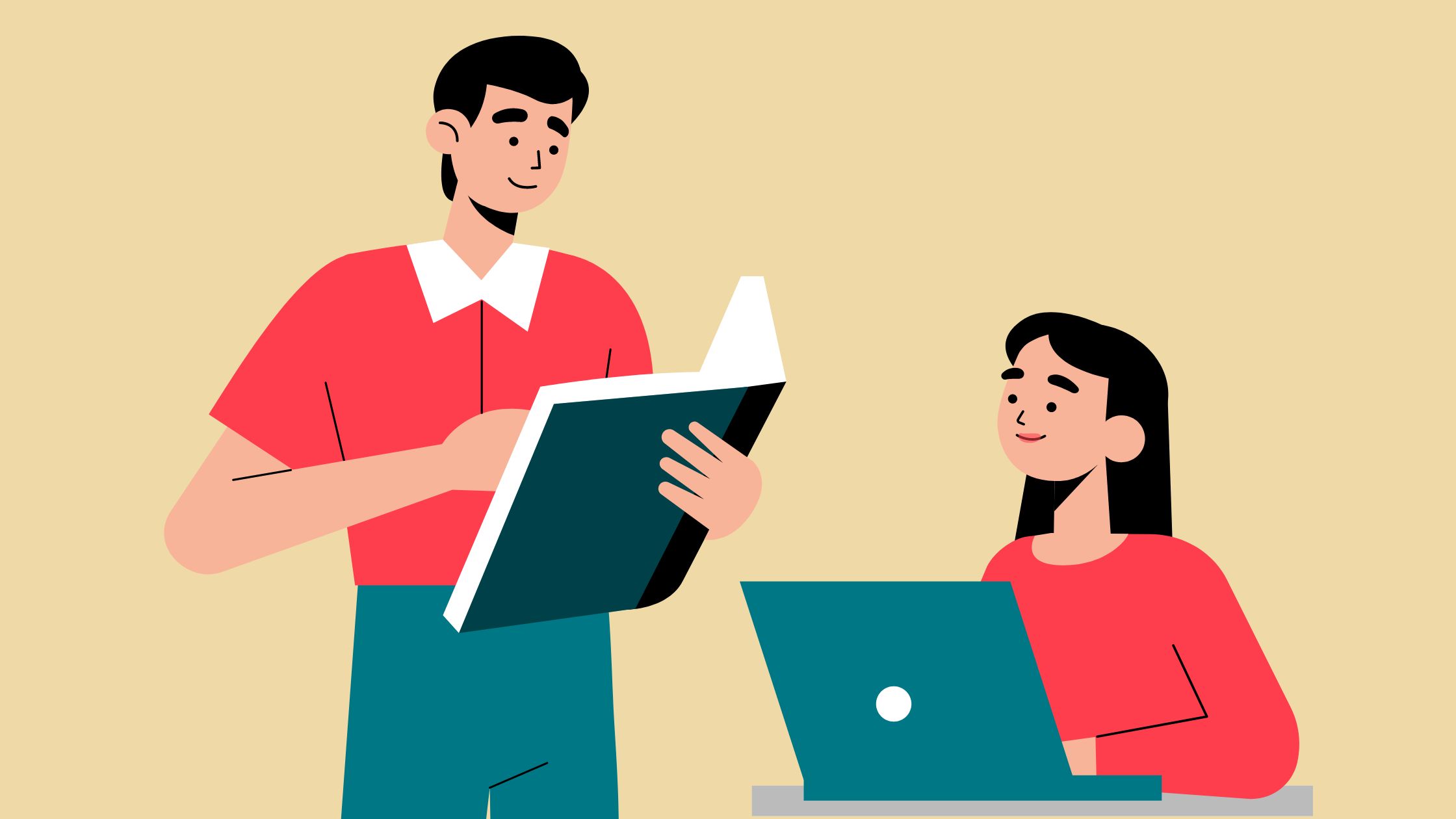
Reading is by far one of the top three things students are taught in their kindergarten, besides writing and observing. The childhood development process begins at a young age and is accelerated by proper guidance from parents and teachers. Teachers are as much of a partaker in the development of a child. Often it is considered that teachers can impart more than parents do because teachers are professionally trained to perform these jobs and have a lot of experience dealing with all kinds of kids.
However, due to the dynamic times in our present world scenario, the way teachers are trained and allowed to take classes has also changed. Every single medium of accessing school data is atomized, even the student learning management system is now automatic. Maintaining the same level of productivity and quality in a classroom gets challenging at times because of technological barriers.
Despite all the challenges, every single member of a school administration has outdone themselves and adapted to such technological means embracing all the features of a school ERP (ERP Full form)to ensure that the future of the present generation’s students is not affected. Especially the ones in kindergartens, because this is the time they go through most of the mental development stages, and without proper acceleration or simulation they will remain lacking.
Importance of reading
As we started, reading is one of the most important forms of learning and is practiced thoroughly not only at kindergarten levels but at all levels of schools, colleges, and universities. Reading helps students to analyze, summarize, focus and have an idea about whatever topic they study. Reading alone is not useful without having the determination to understand what is written, which comes through constant practice.
Often, kindergarten teachers find their students constantly bored with reading. To keep them entertained, and to encourage such activities, here are a few things that they can practice;
Build vocabulary
To develop an interest in reading different genres of books, kids need to understand what words mean. At such a young age they cannot be expected to know about overly complicated words, but teachers start with fairly simple ones which are used in our everyday activities. To build vocabulary, teachers need to first ensure students understand what every word means.
Research has shown that imposing the use of rich vocabulary words in early grades can be more harmful than beneficial. Students develop a sense of deteriorating self-confidence since they are incapable of working on the enhanced vocabulary skills. This is not a problem on their behalf because it is completely out of question to introduce such words at early grades.
The solution to this is by starting with basic words, introducing synonyms and antonyms, and allowing students to construct sentences themselves. When they can construct sentences, they are finally ready to practice their reading skills.
Group reading in the classroom
Group reading sessions in the classroom make students aware that they are all in it together, and no one is expected to be perfect at first when practicing reading skills. Everyone learns from each other and has a habit of trying to seek help whenever they are in trouble with pronouncing or trying to read a certain sentence.
Students can also try reading in groups at home with their siblings, cousins, parents, or any other members present. A child is expected to be most comfortable with their family, and reading with family members creates an idea in the child’s mind that it must be a positive activity, and these ideas carry them forward towards a positive direction in the future too.
Take them to the library
There is no better place to draw inspiration than from a library, it has all kinds of books, novels, magazines, and anything that a child wishes to explore. Kindergarten students have a lot of questions, and their curiosity can be answered with information that not only answers their questions but also gives them the green signal to keep asking further questions.
Going to a library will help them have the right direction towards learning new things and valuing the habit of reading. They understand the true power of knowledge and pursue it not for good grades but simply for the sake of learning.
Write and Win: Participate in Creative writing Contest & International Essay Contest and win fabulous prizes.


